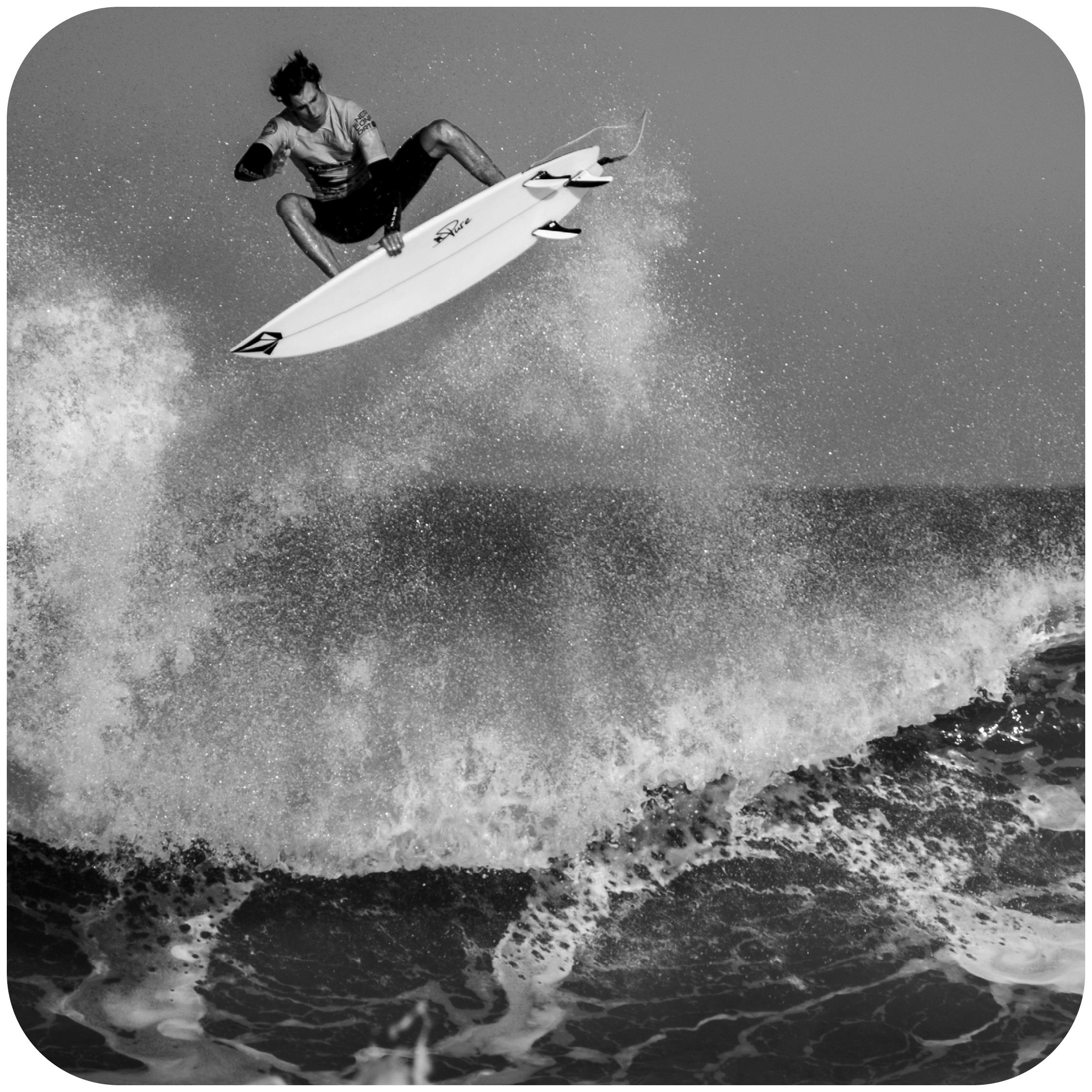
The drama triangle is a model from transactional analysis, that can help us to better understand relationship dynamics and conflicts. It illustrates the so-called “games people play” (which is also the title of a book about it), which are played every day, professionally and privately, consciously and unconsciously. And the name says it all!
Rescuers are those who like to help and care about the problems of others. Victims, on the other hand, feel small and helpless and may expect others to help them and solve their problems. Persecutors are those who criticize, control, or punish others. They tend to take control of situations and blame others for their problems. Now if you think that victims are the poor and rescuers are the good guys in this constellation, far from it! All 3 roles are per se dysfunctional and asymmetrical in the attitudes I am ok/you are not ok (+/-) or I am not ok/you are ok (-/+). Victims who delegate their problems to rescuers in learned helplessness usually do not take responsibility for the solution either. However, if this solution does not turn out to their satisfaction, it can easily happen that their victim attitude changes into a persecutor mentality.
Has it ever happened to you that you helped someone with the best of intentions and received no gratitude, but rather dissatisfaction or even resentment? Then you have, probably unconsciously, put your counterpart in the victim role and in the minus position, which usually does not feel so good. Especially when we rush to help without being asked, there is a possibility that we signal to the other person that we do not trust them to find their own solution. I’m okay, you’re not. . It is more beneficial and adult to recognize such “game invitations” and relationship dynamics, to step out of the triangle, and instead establish healthy and equal communication at eye level.

What many people are probably not even aware of is the fact that trauma does not only result from that one horrible event like a plane crash, dog bite or robbery, but much more often forms sequentially through so-called attachment and developmental trauma over the first years of our early childhood development.
Experiences of rejection, of not being good enough, of not being accepted for who we are, leave impressions on our nervous system that are very similar in their form of expression to the symptomatology of depression or anxiety disorders. In the extreme it can lead to the fact that we are permanently in survival mode without even realizing it. We are either in fight, flight or freeze mode and often no longer act consciously when faced with acute challenges or difficulties, but on autopilot.
We run away (literally or by internal withdrawal), or we are overcome by a wave of anger that we may take out on ourselves or others, or we literally freeze like a possum playing dead, hoping to be overlooked by the predator. But this kind of trauma is not a mental illness, it is a physical condition! Therefore talk-therapeutic offers often help only limitedly. The solution lies like the symptomatology itself in the nervous system of the body. Only there it can be transformed energetically or physically

In a very acute crisis (private as well as professional), e.g. after a bad diagnosis at the doctor’s, involvement in a tragic traffic accident, death/separation from one’s life partner, failure to pass an important exam, quitting one’s job, etc., the main thing is to quickly establish a certain emotional stability and security in the uncertainty and to rule out further danger. People who find themselves in a state of emergency are often unable to think clearly. The brain’s prefrontal cortex, which is responsible for rational thinking, is literally turned off in a state of acute stress. Emotionally uninvolved, professionally trained crisis support can be a great support here, and help prevent the development of post-traumatic stress disorder PTSD. Active listening and mindful relaxation techniques are the most important methods of gentle support at eye level.
In addition, Set-up.training itself trains crisis companions in so-called Care Teams, and/or supervises their practical cases, in order to ensure healthy processing of the experience as well as emotional relief.

Sylvie Elise Trentzsch
Tel +49 172 1337147
mail@set-up.training